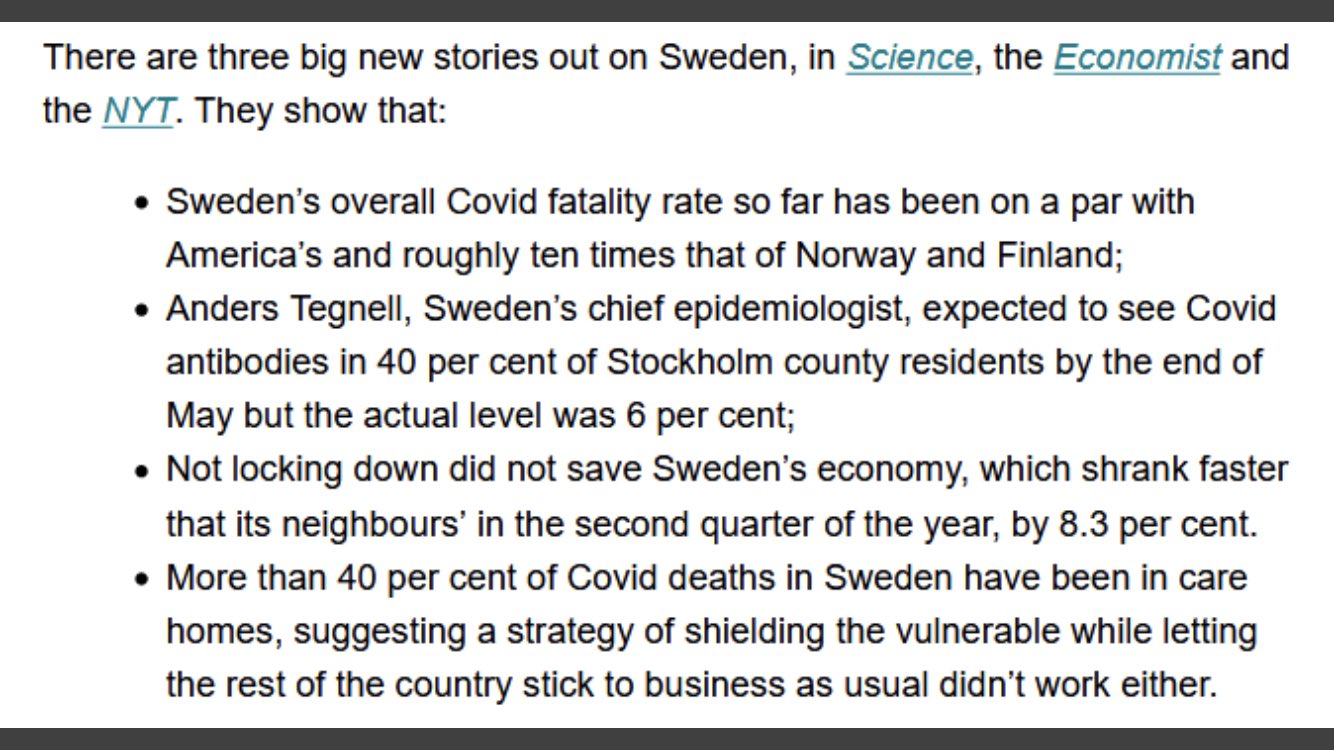- #36
Jameson
Gold Member
MHB
- 4,541
- 13
@Ackbach - I'm curious if after some more time and data coming in from the sources you probably challenge, if you have modified your take on this at all? I get the sense from data sources right now and measuring deaths alone (as opposed to estimated infections, which is nuanced and hard to ever know) to be a very strong indicator of a virus' existence and spread. If you don't see either of these points I would like to hear and understand. I sincerely want to see how other well intentioned people view this because I think there are some pieces that both sides miss and then write off to pejoratives. Just hoping to understand as I don't have anyone in my personal life who openly challenges the existence of COVID or the reporting of it to the degree I think you might.
